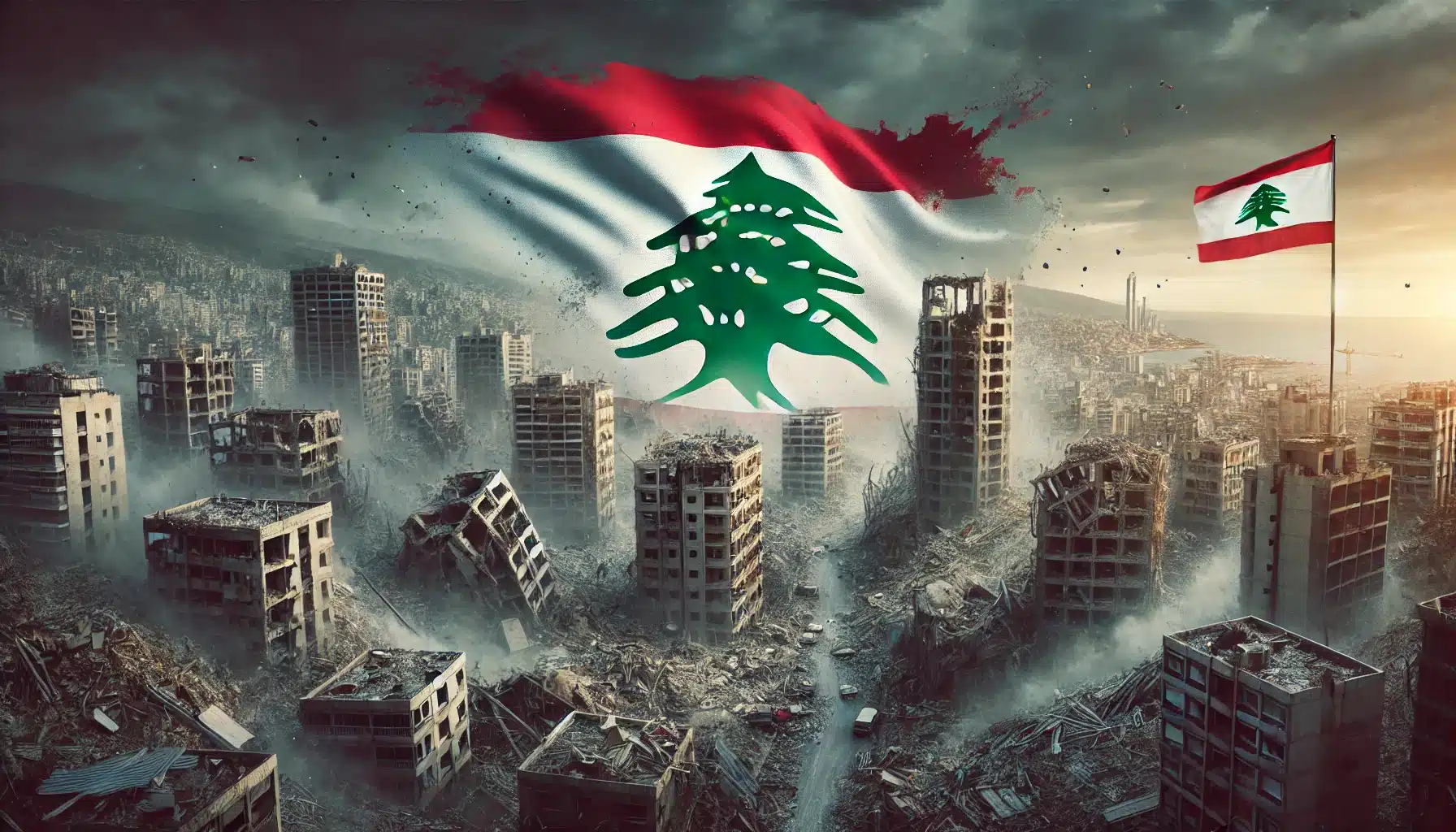Hezbollah leader Hassan Nasrallah has been killed in an Israeli airstrike on Beirut’s southern suburbs, marking a significant escalation in the ongoing conflict. The attack, which also killed senior Hezbollah commanders, comes at a critical time following Israel’s strikes on key Hezbollah leaders. W

Hezbollah leader Hassan Nasrallah has been killed in an Israeli airstrike on Beirut. The attack, which took place on Friday evening, marks a pivotal moment in the decades-long conflict between Israel and Hezbollah, a group backed by Iran. Nasrallah, who has led Hezbollah for the past 32 years, was killed along with other high-ranking commanders, including Ali Karki, the commander of Hezbollah’s southern front.
Details of the Airstrike
- The Israeli military confirmed the death of Hassan Nasrallah in an airstrike on Dahiyeh, a southern suburb of Beirut known for its Hezbollah presence.
- Israeli forces claimed that 85 bunker-buster bombs were used in the strike, flattening several residential buildings in the densely populated area. These bombs, known as “ground penetration munitions,” burrow deep into the ground before detonating.
- The Geneva Convention prohibits the use of such weapons in populated areas. Despite this, Israel targeted Hezbollah headquarters, where it claims Nasrallah was located.
- Lebanon’s Ministry of Public Health reported that 11 people were killed and 108 wounded in the strikes.
Hezbollah’s Response to Nasrallah’s Assassination
- Following the confirmation of Nasrallah’s death, Hezbollah issued a statement reaffirming its military support for Gaza and the defense of Lebanon.
- Hezbollah launched five rocket attacks into northern Israel in retaliation.
- Imran Khan, an Al Jazeera correspondent in Marjayoun, Lebanon, confirmed Hezbollah’s immediate retaliation following the announcement.
Leadership Transition in Hezbollah
- Hezbollah’s Shura Council is expected to convene to decide the group’s next leader. Hashem Safieddine, head of Hezbollah’s executive council, is likely to succeed Nasrallah.
- Safieddine is a powerful figure within Hezbollah and is closely related to Nasrallah, serving on both the political and military arms of the organization.
- Safieddine had previously stated that Israel’s attack on Hezbollah’s communications network marked the beginning of a “new confrontation,” and vowed “special punishment” in response.
Impact on Hezbollah’s Future
- Analysts believe that while Nasrallah’s death has caused a temporary power vacuum, Hezbollah is expected to recover. The group has a vast military arsenal and remains a powerful force in Lebanon and the region.
- Yezid Sayig, a senior fellow at the Carnegie Middle East Programme, said, “Hezbollah is not going to disappear” and is likely to adopt “strategic patience.”
- Sultan Barakat, a professor at Hamad Bin Khalifa University, believes Hezbollah’s close relationship with Iranhas constrained its autonomy in recent years, particularly in decisions regarding military engagement.
Israel’s Perspective
- Israeli Prime Minister Benjamin Netanyahu has hailed Nasrallah’s assassination as a victory, stating at the UN General Assembly: “We are winning.”
- Ali Rizk, a security analyst, indicated that Israel is likely to continue taking advantage of the leadership vacuum in Hezbollah, with further military offensives expected.
U.S. and Iran’s Reaction
- U.S. President Joe Biden described the killing of Nasrallah as “justice” for the victims of Hezbollah’s past attacks, including thousands of Americans, Israelis, and Lebanese civilians. He reiterated the U.S.’s support for Israel in its fight against Hezbollah, Hamas, and other Iran-backed groups.
- In contrast, Iranian President Masoud Pezeshkian condemned the attack, stating that it would only “further strengthen the resistance.” He accused the U.S. of complicity, noting that it has continued to supply Israel with weapons since the war on Gaza began.
- Ayatollah Ali Khamenei, Iran’s Supreme Leader, declared five days of mourning and called on Muslims to unite in response to Nasrallah’s assassination, warning that his blood would “not go unavenged.”
Broader Regional Consequences
- The attack on Nasrallah has increased fears of further escalation between Israel and Iran, which backs Hezbollah. Experts suggest that Iran is unlikely to opt for a full-scale military confrontation but will continue using its proxies in the region to apply pressure on Israel.
- Elijah Magnier, a military analyst, noted that Israel would need continued U.S. military aid to sustain its offensive. In his first statement after Nasrallah’s killing, President Biden directed the Defense Secretary to enhance the defense posture of U.S. forces in the region.
International Response
- UN Secretary-General Antonio Guterres expressed grave concern over the “dramatic escalation” in Lebanon following the strikes, calling for an immediate ceasefire.
- Turkish President Recep Tayyip Erdogan condemned Israel’s actions, describing them as part of a policy of “genocide, occupation, and invasion.”





